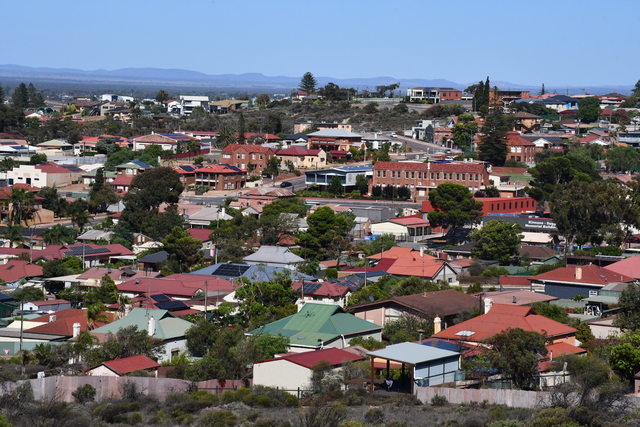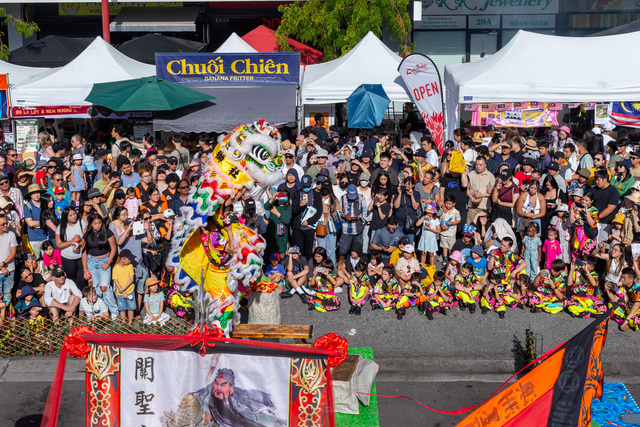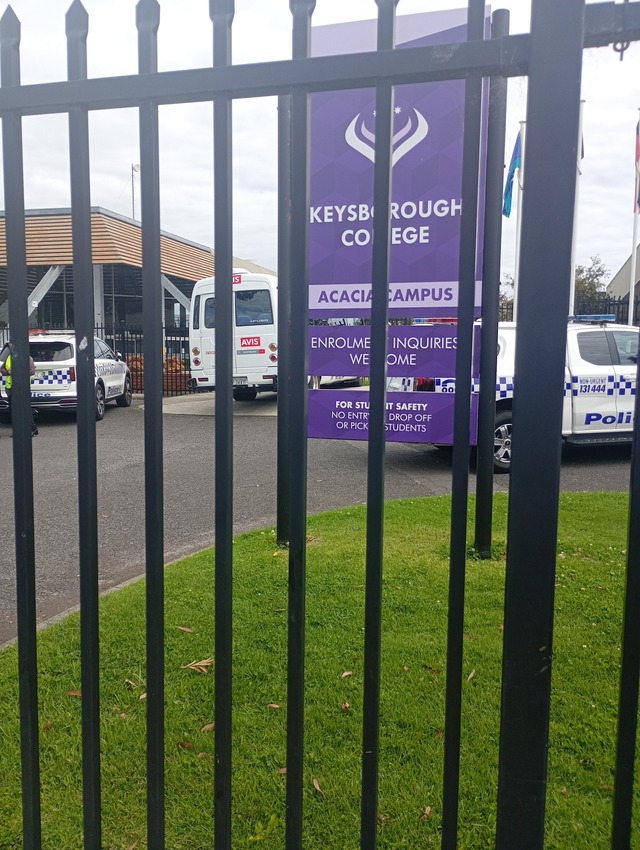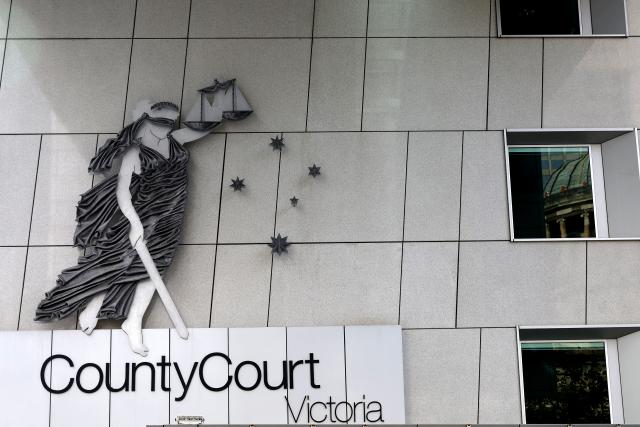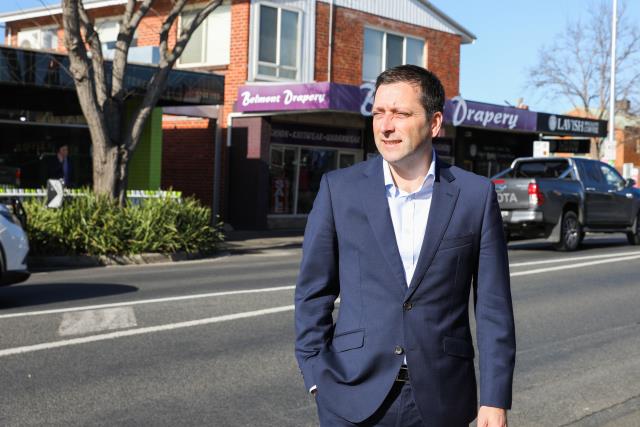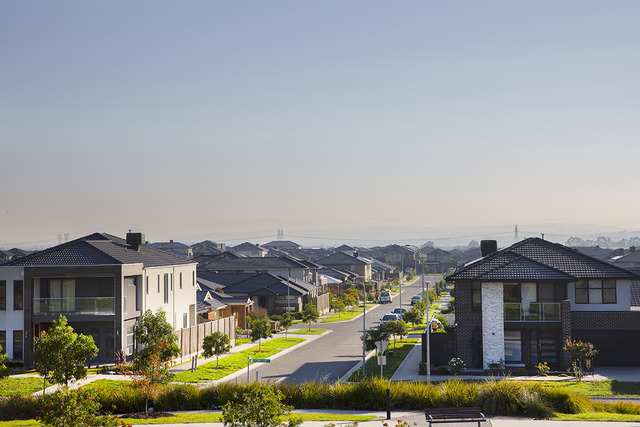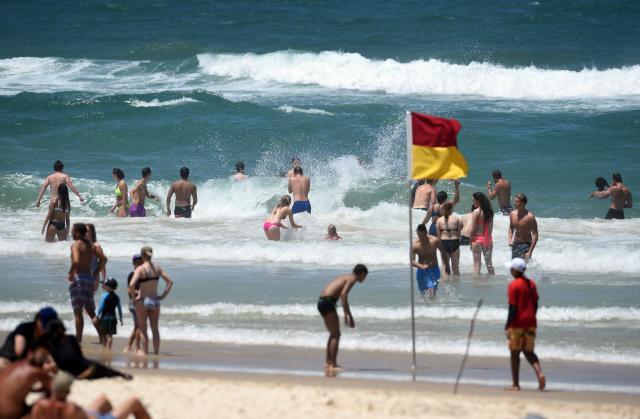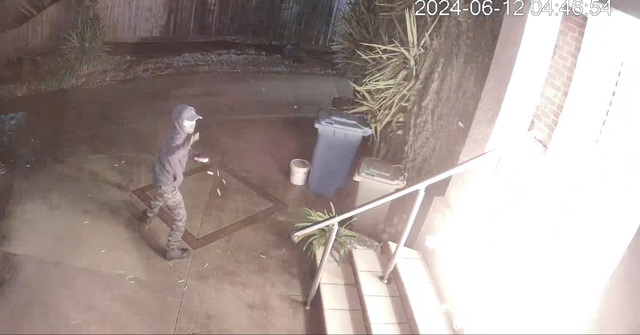By LACHLAN MOORHEAD
Doveton’s Omar Farooq mosque has called for more accurate and considerate reporting of terrorism as The Age this week officially apologised for mistakenly branding a Narre Warren South teenager a terrorist.
As part of the apology, The Age reached an undisclosed settlement with the family of 19-year-old Abu Baker Alam after his picture was published on its front page and wrongly identified as Numan Haider.
Haider, an Islamic radical, attacked police and was shot dead outside Endeavour Hills Police Station in September last year.
The Age also donated $20,000 towards a new mosque.
The Age editor-in-chief Andrew Holden attempted to have journalists removed from the mosque on Monday night before making his apology but was stopped by members of the Omar Farooq committee.
Mr Holden told the Muslim community that The Age had made a “terrible mistake”.
“It was a terrible mistake, it was our mistake, and we had no hesitation as soon as found out that it was an error to apologise to the family,” he said.
As part of the settlement, Fairfax agreed to donate $20,000 towards the construction of a new Afghan mosque in Green Street, Doveton.
The Age also agreed to publish a front page apology yesterday (Wednesday) which also appeared in The Sydney Morning Herald and The Canberra Times.
Mr Alam, whose family moved to Australia as refugees eight years ago, said the whole incident had been “very distressing”.
“To have my face connected with an act of terrorism on the front pages of major Australian newspapers, and all over the internet, was devastating for me and my family,” he said.
“This was a terrible mistake that damaged my reputation and my family’s good name.
“We were forced to defend ourselves against the worst kind of accusations while being placed in potential danger.”
Slater and Gordon defamation lawyer Jeremy Zimet said the case was at the “extreme end” of the defamation scale.
“The publication was extremely defamatory and the settlement should serve as a reminder to all media outlets that they have an obligation to get it right,” he said.
“While it is inevitable that journalists will source information from social media, this case demonstrates the risks involved in using such information and the need to carefully verify its accuracy before publication.
“Fairfax used a photograph of Mr Alam that had been put on Facebook.
“Mr Alam does not have a Facebook account and had no way of asserting any control over who viewed or accessed this image.”
Following Mr Holden’s verbal apology on Monday, mosque spokesman Rokhan Akbar also urged the media to be more responsible in its reporting on terrorism.
“The Afghan community and Muslims in general, they condemn terrorism in all states, in all forms,” he said.
“Therefore we request the media that they should be really specific, they should be considerate in publishing or printing news such as this one, labelling or condemning a certain particular group of Muslims or Afghans.”

